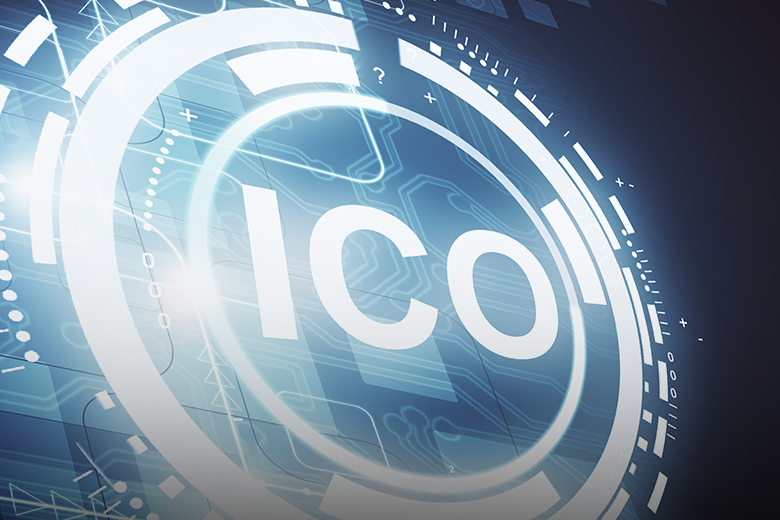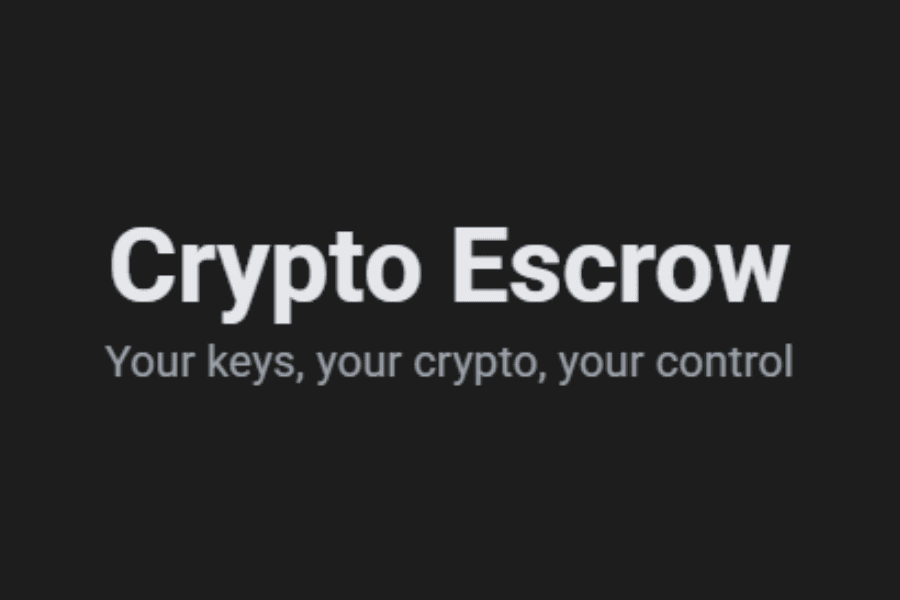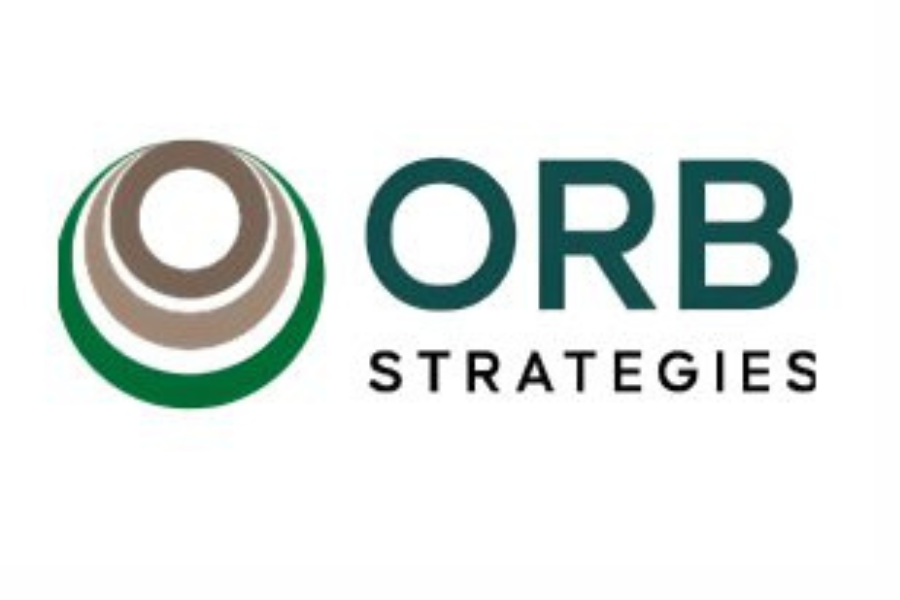ICO News
Unleashing the Power of Initial Coin Offerings (ICOs)

Initial Coin Offerings (ICOs) have been a transformative force in the world of blockchain and cryptocurrency. These crowdfunding mechanisms, which allow blockchain projects to raise capital by issuing digital tokens, have facilitated the launch of innovative ventures, decentralized platforms, and cutting-edge technologies. In this article, we’ll explore some of the most exciting developments and trends within the world of ICOs, assuming that you’re already familiar with the basics.
The Evolution of ICOs:
ICOs have come a long way since their inception. They have evolved to address various issues, including regulatory compliance, transparency, and investor protection. Security Token Offerings (STOs), for instance, emerged to offer a regulated alternative to traditional ICOs. STOs represent assets like equities or real estate and are subject to security laws, providing investors with greater confidence in the legitimacy of the project.
Diverse Token Use Cases:
Today, ICOs encompass a wide range of token use cases, going beyond simple utility tokens. Security tokens represent ownership in an underlying asset, payment tokens facilitate transactions, and governance tokens grant decision-making power within decentralized organizations.
The Rise of DeFi ICOs:
Decentralized Finance (DeFi) has been a game-changer in the world of ICOs. These projects aim to disrupt the traditional financial sector by providing services such as lending, borrowing, and trading through blockchain technology. DeFi ICOs have introduced innovative tokenomics models, yield farming, and liquidity provision incentives, attracting a significant amount of attention and investment.
ICO Launch Platforms:
ICO launch platforms have emerged to facilitate token sales, offering comprehensive solutions that simplify the process for project teams. These platforms handle everything from token creation and distribution to compliance and marketing, allowing project founders to focus on their core development efforts.
Regulatory Compliance and Investor Protection:
Regulatory authorities worldwide have been actively monitoring ICOs and token sales. Many projects are now taking proactive steps to ensure compliance with relevant regulations, including Know Your Customer (KYC) and Anti-Money Laundering (AML) procedures. This helps protect investors and promote transparency.
The Role of Decentralized Exchanges (DEXs):
ICOs have historically relied on centralized exchanges for listing their tokens. However, with the rise of decentralized exchanges (DEXs), projects can now list their tokens in a more decentralized and permissionless manner, giving investors more control over their assets.
Challenges and Risks:
Despite the positive developments, ICOs still face challenges. Regulatory uncertainties can hinder innovation and make it difficult for projects to navigate the legal landscape. Additionally, scams and fraudulent ICOs continue to be a concern, emphasizing the importance of due diligence for investors.
The Future of ICOs:
As blockchain technology and cryptocurrencies continue to mature, ICOs will likely remain a vital fundraising method for innovative projects. ICOs will adapt to regulatory changes, offering investor protections while fostering innovation. Furthermore, as blockchain technology evolves, ICOs may be replaced or complemented by newer crowdfunding methods, such as Security Token Offerings (STOs) or Initial Exchange Offerings (IEOs).
In conclusion, ICOs continue to be a dynamic and evolving part of the blockchain ecosystem, offering a powerful fundraising mechanism for innovative projects. As they navigate the changing regulatory landscape and embrace new token use cases, ICOs remain a focal point for blockchain innovation and will play a pivotal role in shaping the future of the digital economy.











